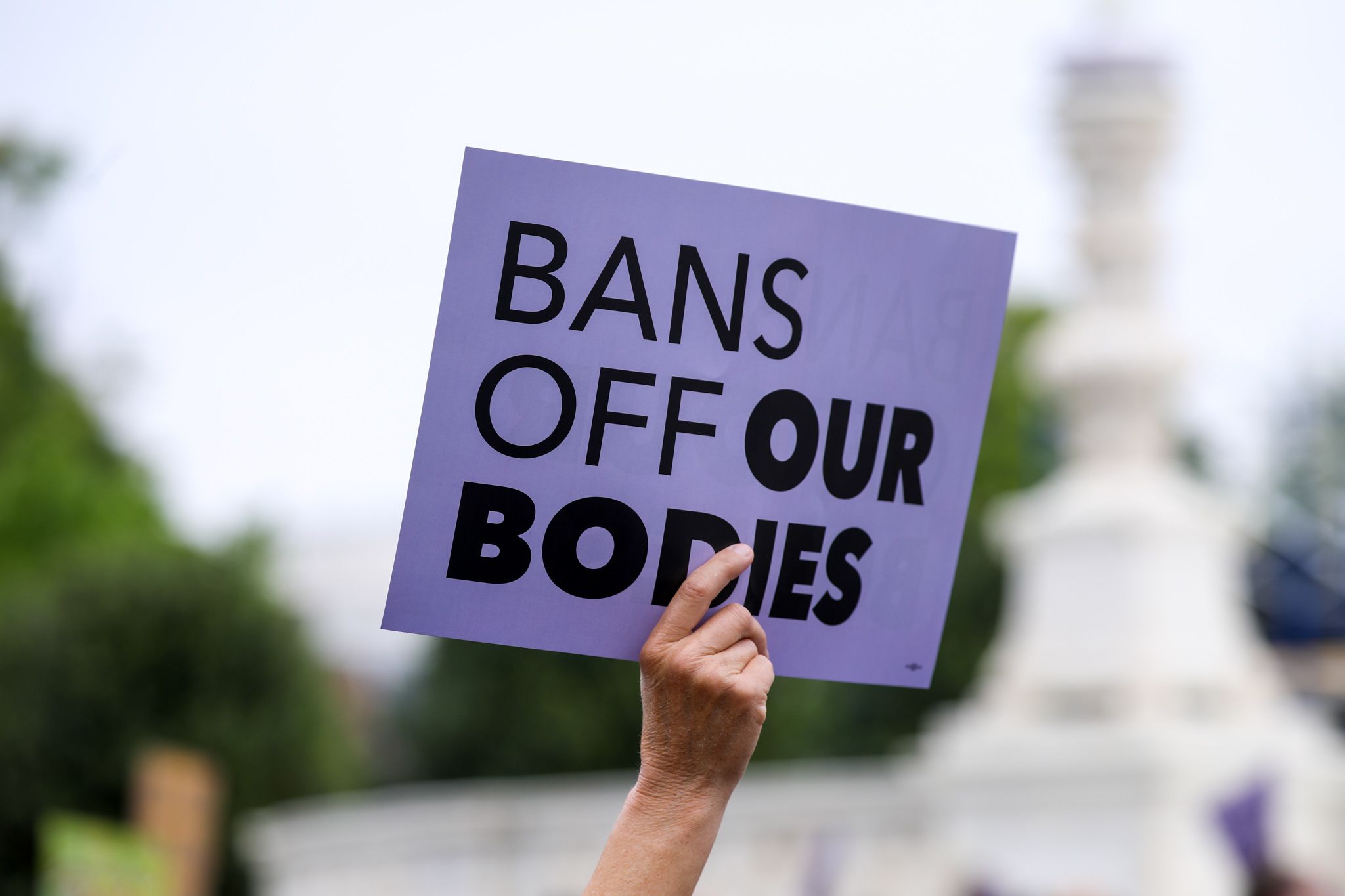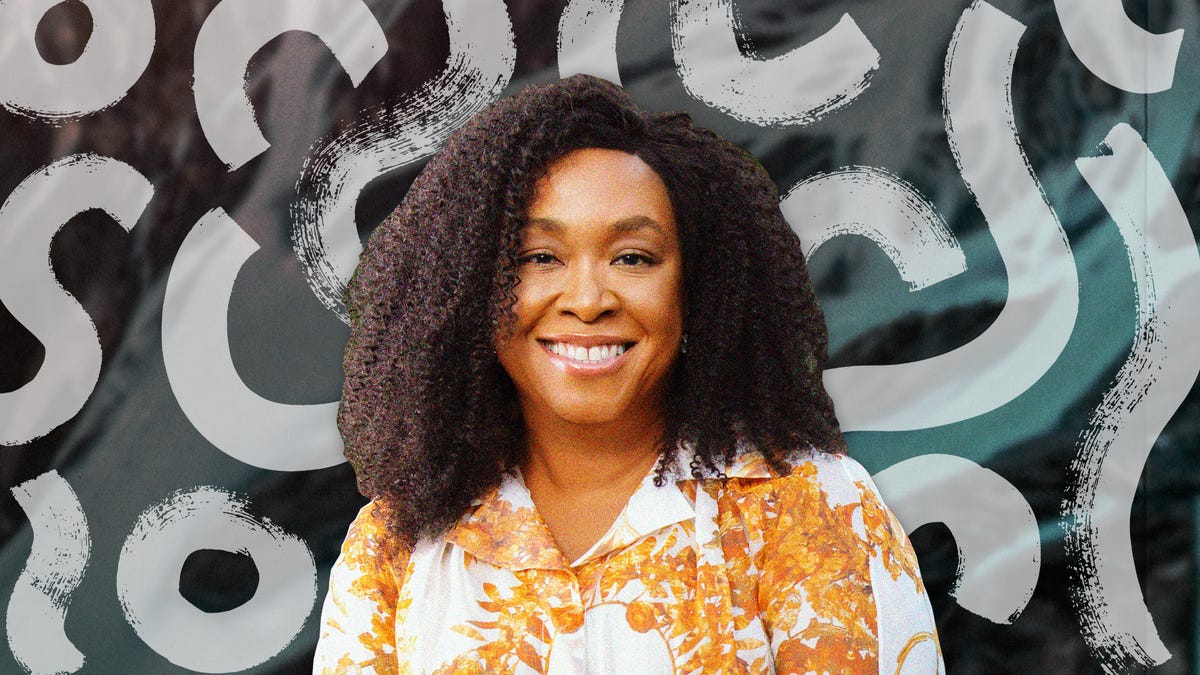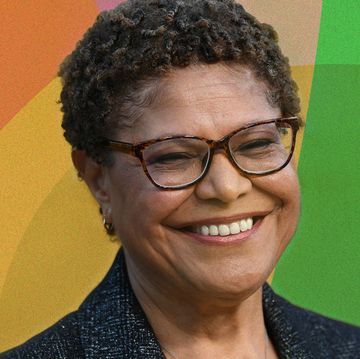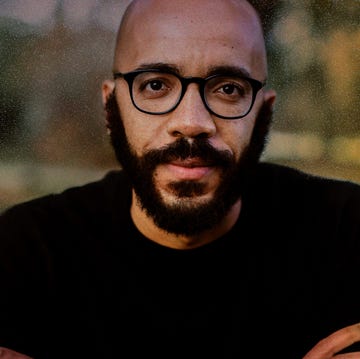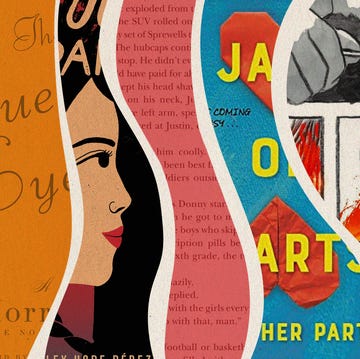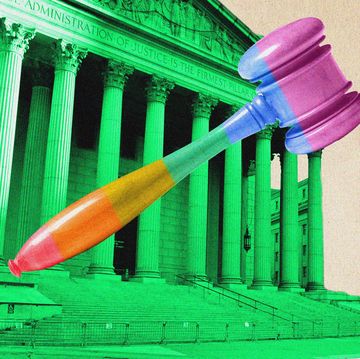On June 24, there was heartbreak among many people as the news spread that the conservative-led Supreme Court overturned Roe v. Wade, the landmark case that has made abortion legal for the last 50 years. As the ramifications of this ruling begin to unfold, it's important to acknowledge that abortion care is part of reproductive justice and women's healthcare.
Reproductive justice asks us to imagine a world where everyone — regardless of their identity or economic circumstances — has everything they need to have healthy bodies, healthy abortions, healthy pregnancies, and healthy children.
Abortion access is under siege across the country currently, and so Shondaland put together a list of seven groups that are deeply committed to direct care, funding, and education.
Planned Parenthood
Planned Parenthood has been involved in the fight for reproductive rights for over 100 years. The non-profit organization, founded in 1916, manages over 600 health centers in the United States and is the country's largest provider of reproductive health services, including birth control access and abortion. Planned Parenthood President and CEO Alexis McGill Johnson reiterated the organization's commitment to reproductive health in a statement following the release of the Roe v. Wade draft decision. She said in part, "Understand that Planned Parenthood and our partners have been preparing for every possible outcome in this case and are built for the fight. Planned Parenthood health centers remain open, abortion is currently still legal, and we will continue to fight like hell to protect the right to access safe, legal abortion."
The Afiya Center
The Afiya Center advances the needs of Black women in health care, covering everything from abortion access to HIV programming to reproductive justice to maternal mortality. Based in Texas, this organization is doing vital work when Black women are regularly neglected and often targeted by the state. The Afiya Center is unique in that it puts a tremendous amount of effort into confronting the stigma and shame that Black women face, especially when they’re HIV-positive, pregnant, seeking an abortion, or disabled. The organization spearheaded the first Texas Black Women’s Reproductive Justice Policy Summit and is leading the charge on many other legislative issues.
Texas Equal Access Fund (TEA Fund)
Last September, Texas banned abortions after six weeks, before many people even know they are pregnant. This highly restrictive law — it does not provide exceptions for rape or incest — has effectively become a near-total ban on abortion. As a result, Texans who need abortion care must travel to other states (Texas’ surrounding states saw an 800 percent increase in Texans seeking abortions out of state, according to Axios). These travels are an expensive endeavor that causes many people to delay or simply not get the abortion they need, but abortion-rights advocates in Texas are mobilizing.
Texas Equal Access Fund (TEA Fund) provides financial support to individuals seeking abortions who cannot afford it. Serving 110 counties in the north, east, and west areas of Texas, TEA Fund believes restrictions on abortion access discriminate against people of color, low-income people, people in rural areas, and young people. With that in mind, they make sure to focus on supporting those populations. Seventy percent of the people they fund are people of color, and almost half are already parenting one child. TEA Fund’s support of Black, Indigenous, and/or low-income people in Texas seeking abortions is critical.
Gender Justice
Unfortunately, transphobia is something that that threatens trans people’s lives when they seek reproductive health care, including abortions. A Minnesota-based organization, Gender Justice engages in a number of initiatives, including ensuring reproductive health care for trans people.
Bold Futures
Currently, abortion is legal at all stages in New Mexico. But with economic issues, systemic racism, and the threat of abortion access possibly being taken away, it’s critical to support reproductive-justice efforts in the state. A women of color-led organization in New Mexico, Bold Futures focuses on policy changes and community organizing around women of color’s reproductive health, especially Black, Indigenous, and Latina women. Their goal is a holistic revolution that provides for the complete health and autonomy of women of color, including abortion access and economic justice.
New Voices for Reproductive Justice
Focused on the complete health and well-being of women, girls, and Black femmes, New Voices works in the Greater Pittsburgh region, other areas of Pennsylvania, and Ohio to advance reproductive justice for Black communities and families. Their definition of health addresses the wide expanse demanded by an intersectional approach, encompassing the physical, emotional, spiritual, cultural, political, economic, environmental, and social. Their advocacy is also wide-ranging, focused on the local, national, and global.
Holler Health Justice
Holler Health Justice is a racial, economic, and reproductive-justice nonprofit in West Virginia. It is the first and only financial and practical abortion-support organization in the state. They serve queer communities, people of color, those in rural areas, and people who are low-income — some of the populations most at risk from abortion restrictions. Right now, abortion is technically legal in West Virginia for up to 20 weeks of pregnancy. But West Virginia’s sole abortion provider — the Women’s Health Center in Charleston, another organization to support — only performs abortions before a patient is at the 17-week and six-day mark of pregnancy. This 20-week ban disadvantages low-income people who cannot afford an abortion and have to delay the procedure to save enough money. With the possible overturning of Roe v. Wade, West Virginia’s abortion laws only stand to get more oppressive. With access to abortion in Appalachia under constant threat, it’s important to lend support to organizations like Holler Health Justice.
Nylah Burton is a Chicago-based writer with bylines in New York Magazine, British Vogue, Shondaland, and ESSENCE. She writes about travel, books, and culture.
Get Shondaland directly in your inbox: SUBSCRIBE TODAY
